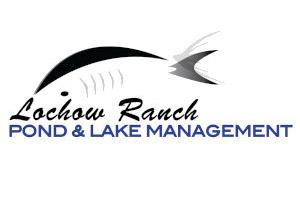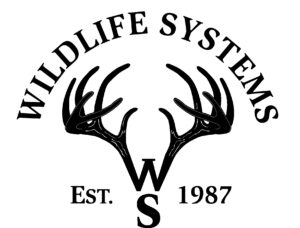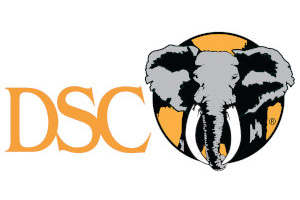Physical Science Technician (Great Basin Institute)
National Park Service (Federal) | https://www.nps.gov/im/mojn/index.htm
Details
Application Deadline:
08/31/2025
Published:
07/21/2025
Starting Date:
after 10/10/2025
Ending Date:
before 4/20/2026
Hours per Week:
40
Salary:
starting at $22 per hour
Education Required:
Bachelors
Experience Required:
none
Description
The Research Associate Program at Great Basin Institute, in cooperation with the National Park Service Mojave Desert Network, is recruiting one Physical Science Technician (Springs Monitoring).
The Mojave Desert Network Inventory and Monitoring Program (MOJN) is one of 32 regional networks across the country that collect data on specific natural resources—the plants, animals, water, and ecosystems that can indicate the overall ecological health of our national parks. These data are collected for planning, research, and education, and to help guide decisions related to park resource management. For more information, visit our website: https://www.nps.gov/im/mojn/index.htm.
MOJN is seeking a technician who will participate in monitoring the hydrology, ecology, and water quality of desert springs across the network. Compared to the surrounding desert, spring and wetland environments in the Mojave and Great Basin regions support a greater abundance and diversity of plant and animal life. Reliable water sources are scarce, so springs are often vital to the distribution and connectivity of wildlife habitat across the landscape. We monitor water availability, water quality, and site condition at springs to identify threats and detect changes in their condition over time.
This position is primarily focused on field work, although office work will also be required. Springs monitoring will be carried out in five national park units: Death Valley National Park, Joshua Tree National Park, Lake Mead National Recreation Area, Mojave National Preserve, and Parashant National Monument. Field work can be strenuous and involve long hikes on rugged terrain. Regular overnight travel and car camping will occur, often in backcountry locations with no amenities. Long drives on highways and unimproved dirt roads are often necessary to access remote sites. Effective communication skills are essential for working on small teams.
Contact
Jennifer Bailard
jennifer_bailard@nps.gov (preferred contact method)






